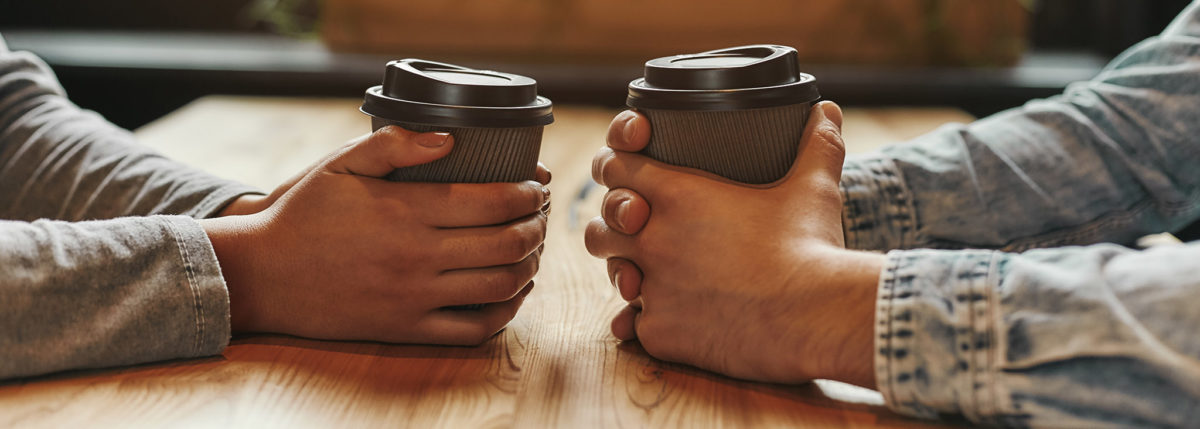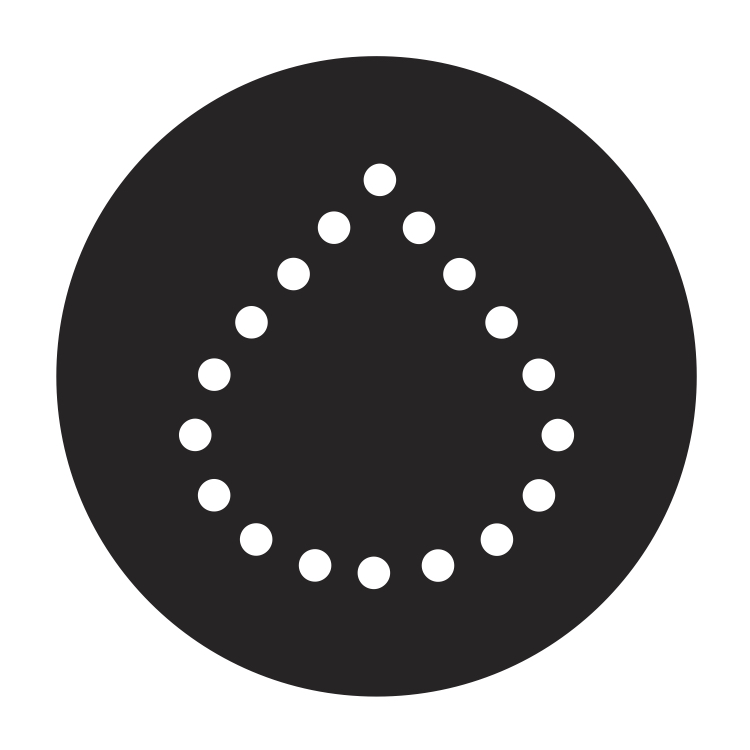Caffeine and Type 1 Diabetes
Have you ever noticed a difference in your blood sugar after drinking a cup of caffeinated coffee or tea? According to the Mayo Clinic, caffeine can indeed have an affect on your blood sugar levels causing lower or higher fluctuations. Being mindful of how much caffeine you consume will make blood sugar management easier.
Another study published by the ADA (2005) suggests that people with type 1 or type 2 diabetes can reduce their risk of hypoglycemia during the night by having a small to moderate amount of caffeine before bed. Some people also claim that symptoms of hypoglycemia become more noticeable when incorporating caffeine into their diet.
The effects of caffeine can vary from person to person based on your body’s sensitivity to the stimulant. Some people report noticeable effects of caffeine on their blood sugar levels while others see little or not impact at all.
Let’s explore some variables that could contribute to the shift in blood glucose (BG) levels in relation to caffeine consumption.
Why caffeine can spike your blood sugar
We often think that it’s the caffeine itself that gives us energy when we drink a cup of coffee, tea, or soda, but it’s actually related to what the caffeine triggers hormonally in our body.
Caffeine is a stimulant that tells gives you energy through a variety of ways, explains Science Direct:
- Caffeine blocks “adenosine receptors” from binding to your cells. Normally, these receptors bind to your cells to help you fall alseep, by blocking this bind, caffeine is increasing cell activity.
- Caffeine also increases your effects of other natural stimulants produced by your brain: serotonin, dopamine and acetylcholine. These all give you an extra boost!
- Caffeine increases your body’s release of adrenaline. And this is why caffeine can raise your blood sugar.
We also tend to think of adrenaline as something that simply gives us energy, but like caffeine, it’s more complicated than that! Instead, adrenaline actually triggers your liver to release stored glucose, giving you the fuel you need to endure a soccer game, a rollercoaster ride, or your usual Monday morning.
(Adrenaline also tells your heart to beat faster and improves your muscles’ ability to contract.)
For some people, a cup of coffee in the morning may cause no spike at all, but if you consume two or three cups, you surpass your body’s tolerance for caffeine and see a stubborn and steep rise in your BG. Another variable might be when you drink caffeine. Your body may tolerate it find in the morning, but a single cup of coffee in the afternoon sends your BG soaring. Take good notes to pinpoint how your body reacts to caffeine.
It might not be the caffeine spiking your BG
Certain common side-effects of caffeine consumption may often explain shifts in BG levels.
Lack of sleep
Not enough sleep has proven to contribute to insulin resistance in the body for people with type 1. Too much caffeine could certainly contribute to insomnia, especially since caffeine tolerance decreases as we grow older.
Elevated heart rate / “the jitters”
Two common effects if too much caffeine is in the system, or if the body is not accustomed to it. These are also symptoms of hypoglycemia, which might cause someone with type 1 to check their BG levels more frequently if mistaking the symptoms for a low.
Heartburn / Upset stomach / Dehydration
Some people are less tolerant to coffee and other caffeinated beverages than others, so these symptoms can often occur. The body’s hormonal responses from these symptoms (and feeling ill in general) can always cause BG levels to rise and fall.
Dawn phenomenon
The dawn phenomenon (or “dawn effect”) is the term used to describe an abnormal rise in BG levels in many people, between the hours of approximately 2 a.m. and 8 a.m. Most researchers believe this effect to be the result of hormone surges—the body’s overnight release of cortisol, glucagon and epinephrine, which all increase insulin resistance. Of course, the phenomenon could also be in part due to management factors such as high carb consumption before bedtime or insufficient insulin dosages. Nevertheless, we could very well be inaccurately accusing caffeine of morning BG spikes, but in reality, the dawn phenomenon is the actual cause.
Sweeteners
Of course, if you plan on sweetening your caffeinated beverage with sugar, cream or milk, always check the carb count and bolus or take your injections accordingly! Even some artificial sweeteners have been known to cause a rise in BG levels due to its ingredients.
So—what is the takeaway from all of this? Everyone’s body reacts differently to foods and beverages—type 1 or no type 1! It is important to keep in mind that studies thus far on caffeine and BG levels remain inconsistent. Knowing exactly how much affect it could have on you will take some experimentation, and could be dependent on many things—including time of day, carb counts, physical activity, hormone levels and the amount of caffeine ingested.





